The pros and cons of ending cash bail
A handful of states are considering doing away with cash bail completely. Is that a good idea?

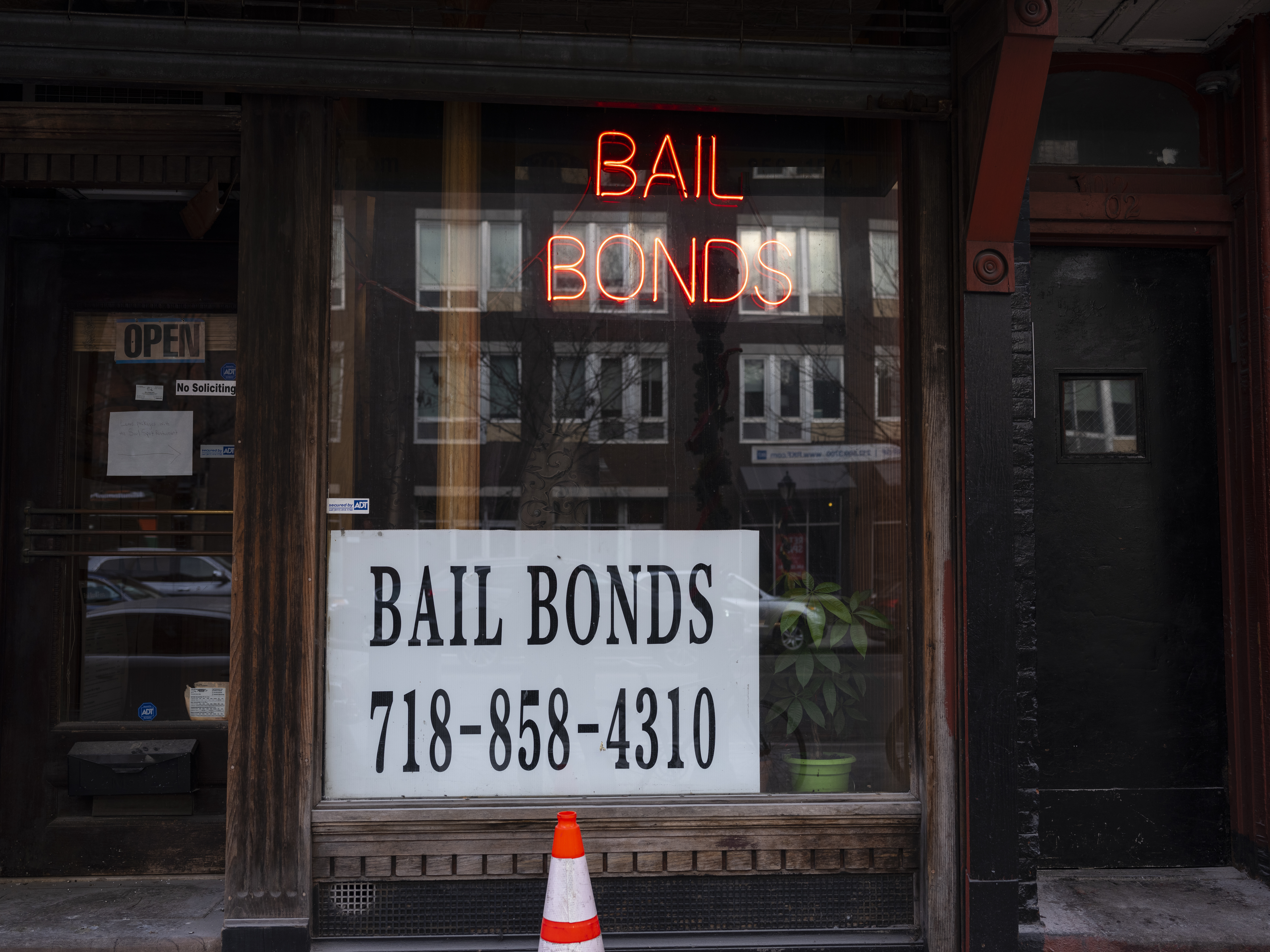
A free daily email with the biggest news stories of the day – and the best features from TheWeek.com
You are now subscribed
Your newsletter sign-up was successful
Should cash bail be eliminated? The practice of allowing a person who has been arrested to pay money to be released from jail before their trial or hearing has long been controversial.
Lately, it has become a point of sharp political contention. Republicans are pushing to enact reforms that would make it more difficult for defendants to get out of jail while waiting trial, arguing that such reforms would help keep criminals off the streets. Democrats have countered that the practice of cash bail release is inherently unfair, and could violate people's civil rights.
On Jan. 1, Illinois became the first state to do away with cash bail completely, allowing defendants to leave jail and await trial without paying any money, and others may follow. What are the benefits and drawbacks of ending the practice?
The Week
Escape your echo chamber. Get the facts behind the news, plus analysis from multiple perspectives.

Sign up for The Week's Free Newsletters
From our morning news briefing to a weekly Good News Newsletter, get the best of The Week delivered directly to your inbox.
From our morning news briefing to a weekly Good News Newsletter, get the best of The Week delivered directly to your inbox.
Pro: Ending cash bail would benefit people of color and poor communities
Cash bail is "unfair, unjust, and it disproportionately hurts communities of color and poor communities," Maggie Germano writes for Forbes. Indeed, "communities of color are actually over-policed," which leads to increased arrests, Civil Rights Corps' Katherine Hubbard told Germano. As a result, "bail often has nothing to do with the crime you're accused of, and certainly doesn't depend on how much you can afford to pay." "You'll have cases where a wealthy person can go free, but an innocent, poor person could not, and that's not justice," said Illinois state Sen. Elgie Sims Jr. People also "commonly plead guilty to crimes that they didn't commit" because they don't want to "spend weeks or months in jail waiting for trial" after not meeting bail, Will Snowden, the New Orleans director of the Vera Institute of Justice, noted in a separate Forbes column.
Con: It could let criminals roam free
Ending cash bail and allowing defendants to leave jail without paying any money "will have serious ramifications for law-abiding citizens and give drug cartels free rein on Illinois' streets," former Illinois state Rep. Jim Durkin wrote for the Chicago Tribune. Because defendants will only be detained pre-trial if they face non-probational felonies, the change is a "slap in the face to victims and neighborhoods desperately seeking safety."
Pro: It does not lead to an uptick in crime
Despite Republican assertions, "there is no evidence linking cash bail reform to high crime rates," Allie Preston and Rachel Eisenberg wrote for the Center for American Progress. On the contrary, in areas where bail reforms have already been implemented, "those who await their trial in the community are no more likely to be re-arrested after bail reform was passed than before," the pair added. For example, in New Mexico and Yakima County, Washington, a larger percentage of people completed the pretrial process without a new arrest after cash bail reform was implemented, according to Prison Policy Initiative. Making defendants pay bail to be released also does not "lower homicide rates," attorney Trisha Triglio argued for the ACLU, noting that many areas that rely on cash bail have some of the country's highest murder rates.
Con: Ending cash bail ignores the root of the problem
An Illinois Supreme Court commission that studied cash bail in 2020 found that "simply eliminating cash bail at the outset, without first implementing meaningful reforms and dedicating adequate resources to allow evidence-based risk assessment and supervision, would be premature." Separately, Illinois' Brown County State's Attorney Mike Hill, Sheriff Justin Oliver, and Mount Sterling Police Chief Brandon Norris told the Jacksonville Journal-Courier that while bail shouldn't depend on someone's ability to pay, eliminating the practice was "never the answer."
A free daily email with the biggest news stories of the day – and the best features from TheWeek.com
Pro: It would correct a due process violation
The ACLU has alleged that cash bail is actually unconstitutional because it violates "due process and equal protection under the 14th Amendment, the prohibition against excessive bail found in the Eighth Amendment, and the right to a speedy trial guaranteed by the Sixth Amendment." Indeed, said Constitutional Accountability Center President Elizabeth Wydra, bail was never "intended to keep the accused locked up until trial." This violates the principle of "innocent until proven guilty," and should not be allowed.
Con: Cash bail reform would limit judges' purview
Judges are often the ones who decide the amount of someone's bond, and they "typically have broad discretion to raise or lower" the defendant's amount, the Brennan Center for Justice notes. A judge could even decide to cancel someone's bail entirely and remand them to custody, or release them on their own recognizance by waiving their bail. Justia adds that while the "Eighth Amendment to the U.S. Constitution prohibits 'excessive bail," it "does not state that courts are required to allow bail." Ending cash bail could put a dampener on the ability of judges to make informed decisions about defendants.
Justin Klawans has worked as a staff writer at The Week since 2022. He began his career covering local news before joining Newsweek as a breaking news reporter, where he wrote about politics, national and global affairs, business, crime, sports, film, television and other news. Justin has also freelanced for outlets including Collider and United Press International.
-
 Quentin Deranque: a student’s death energizes the French far right
Quentin Deranque: a student’s death energizes the French far rightIN THE SPOTLIGHT Reactions to the violent killing of an ultra-conservative activist offer a glimpse at the culture wars roiling France ahead of next year’s elections.
-
 Secured vs. unsecured loans: how do they differ and which is better?
Secured vs. unsecured loans: how do they differ and which is better?the explainer They are distinguished by the level of risk and the inclusion of collateral
-
 ‘States that set ambitious climate targets are already feeling the tension’
‘States that set ambitious climate targets are already feeling the tension’Instant Opinion Opinion, comment and editorials of the day
-
 Why have homicide rates reportedly plummeted in the last year?
Why have homicide rates reportedly plummeted in the last year?Today’s Big Question There could be more to the story than politics
-
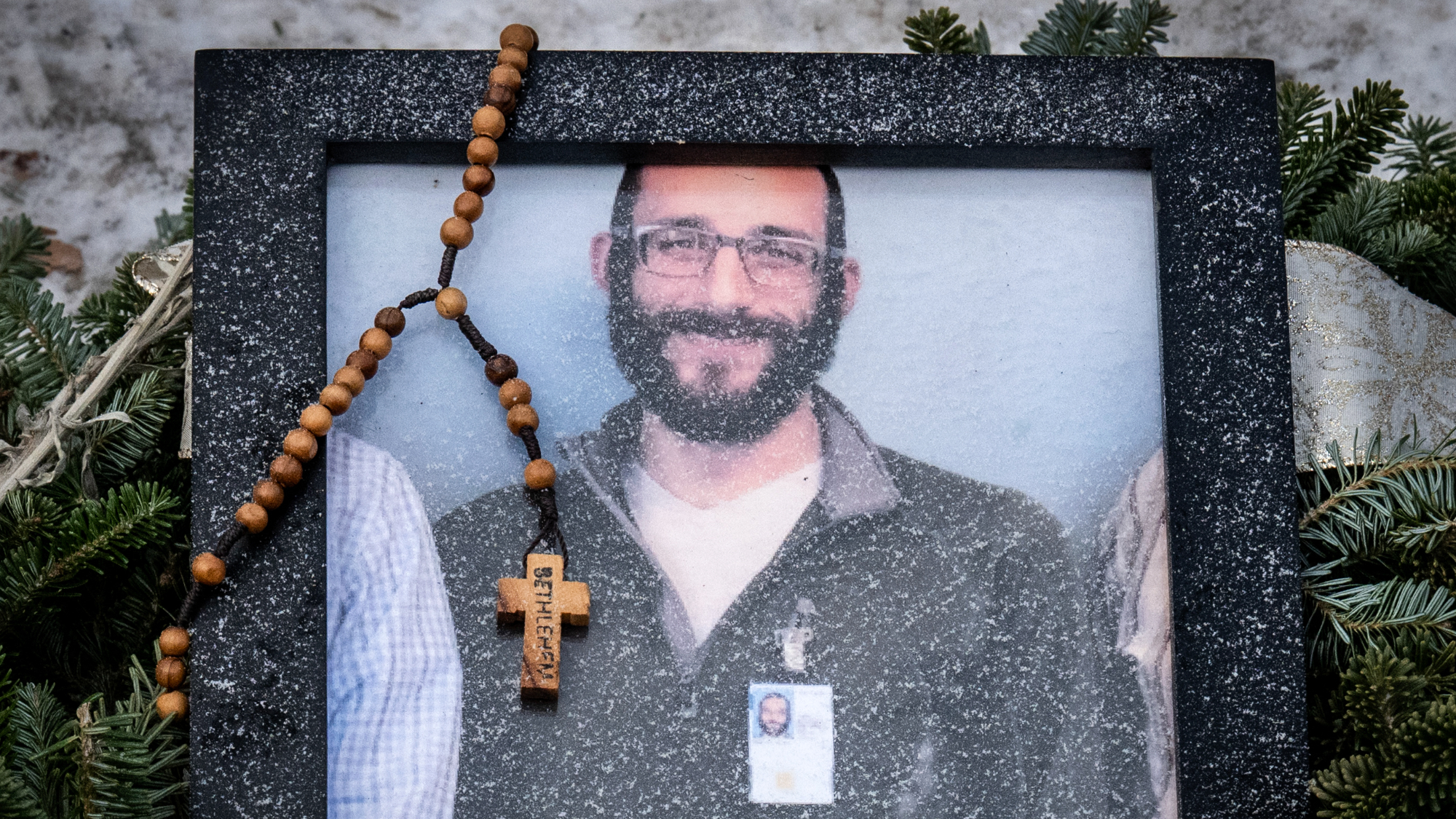 Demands for accountability mount in Alex Pretti killing
Demands for accountability mount in Alex Pretti killingSpeed Read Pretti was shot numerous times by an ICE agent in Minneapolis
-
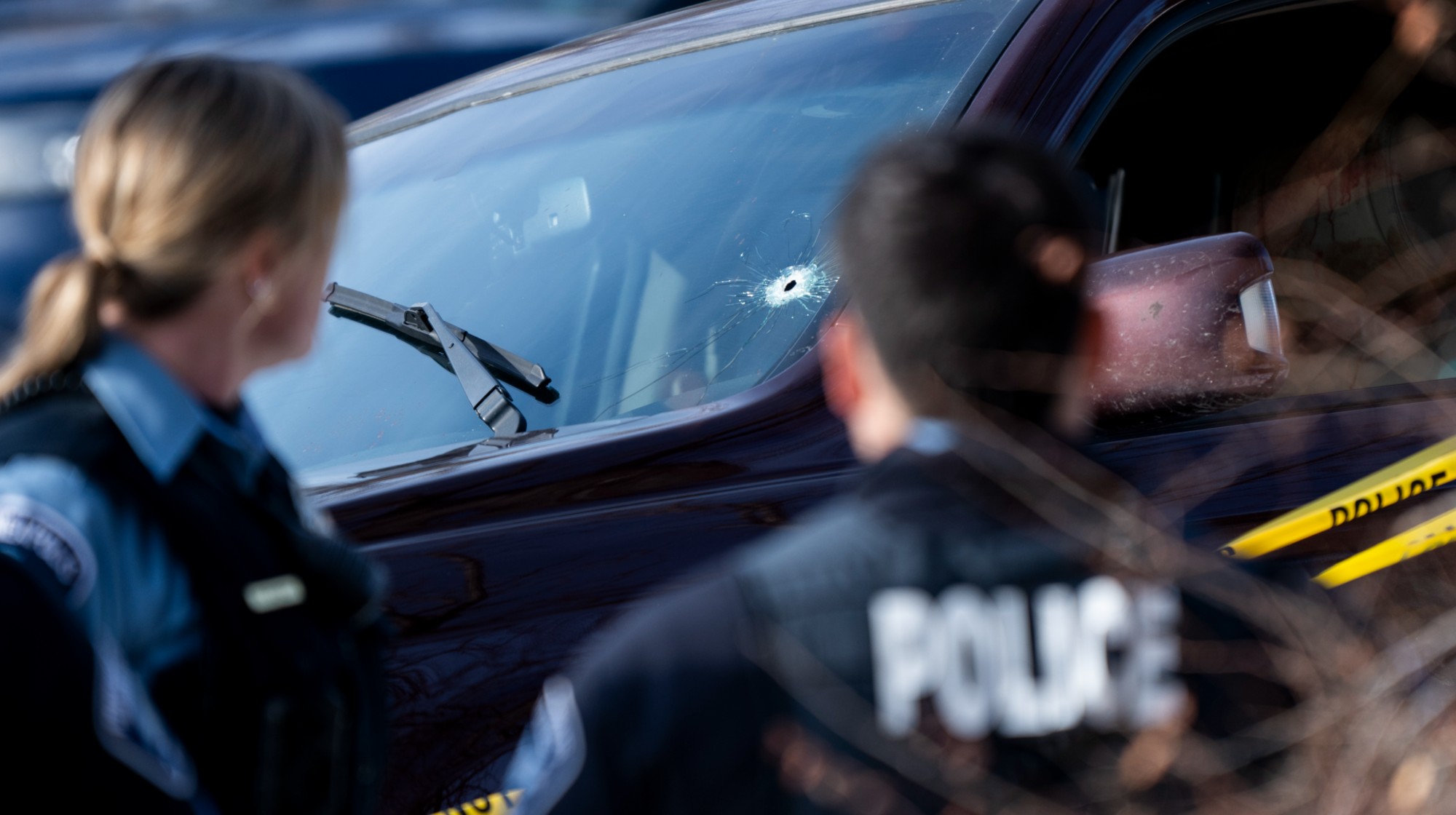 FBI bars Minnesota from ICE killing investigation
FBI bars Minnesota from ICE killing investigationSpeed Read The FBI had initially agreed to work with local officials
-
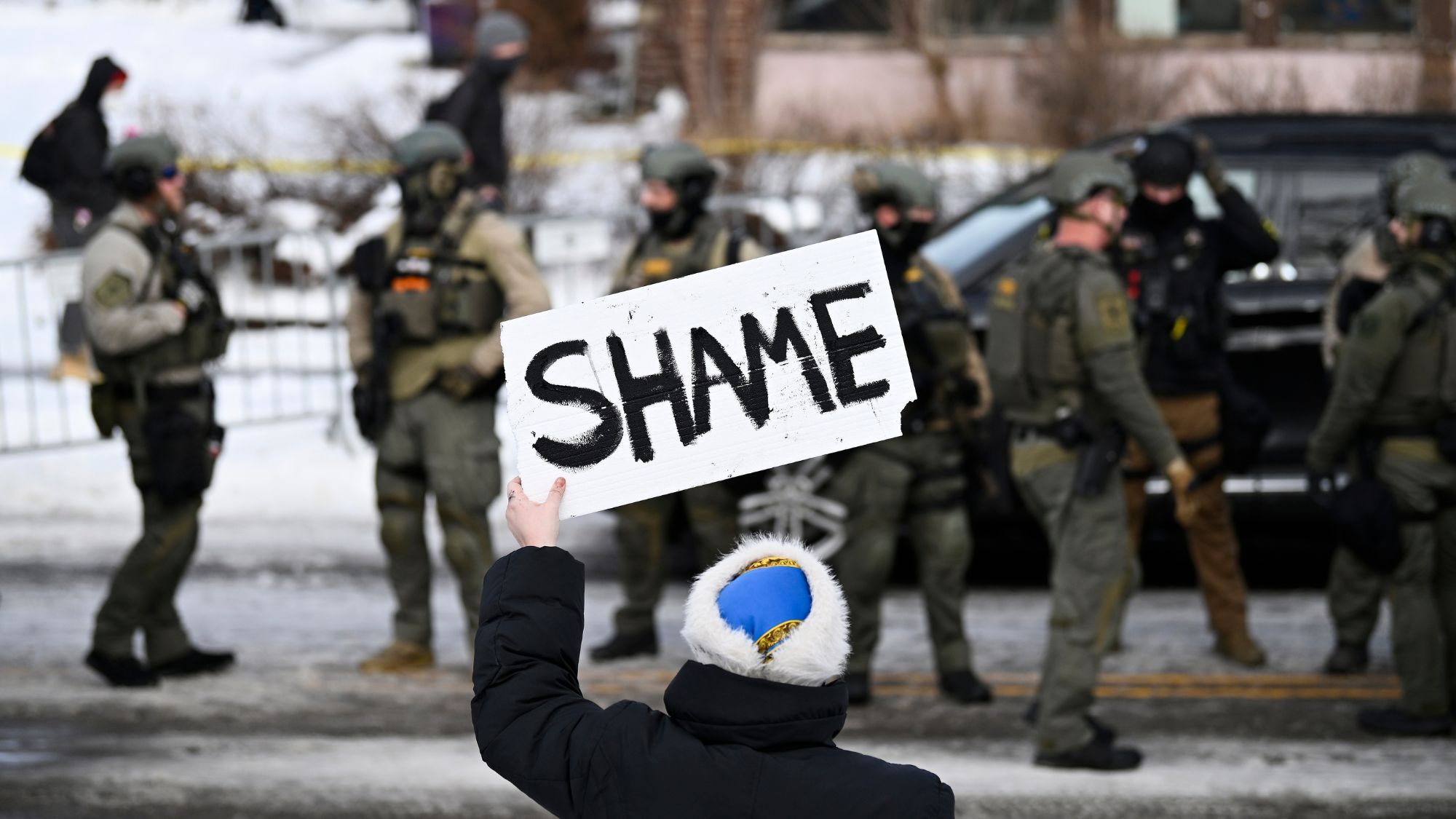 ICE kills woman during Minneapolis protest
ICE kills woman during Minneapolis protestSpeed Read The 37-year-old woman appeared to be driving away when she was shot
-
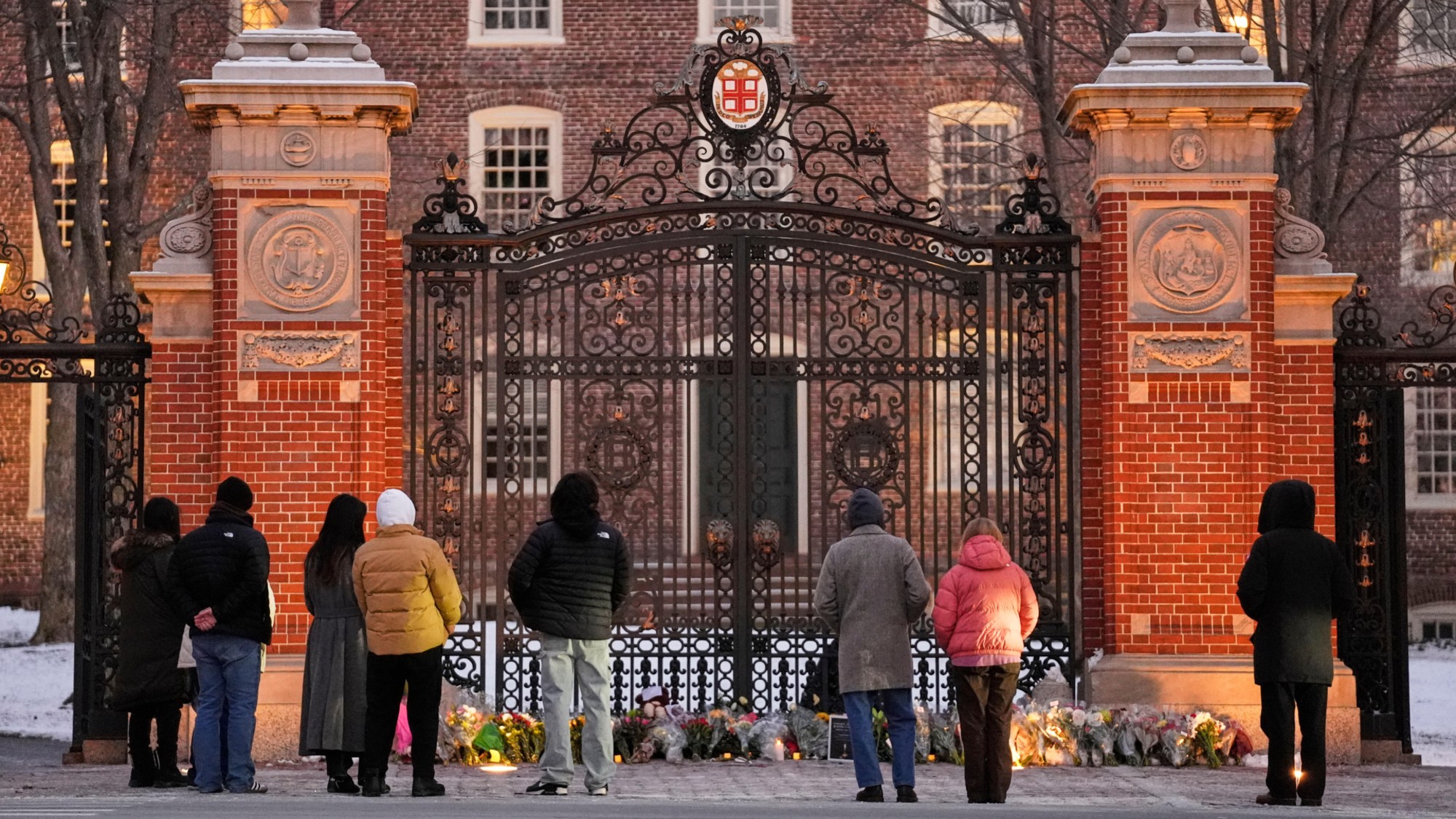 Campus security is under scrutiny again after the Brown shooting
Campus security is under scrutiny again after the Brown shootingTalking Points Questions surround a federal law called the Clery Act
-
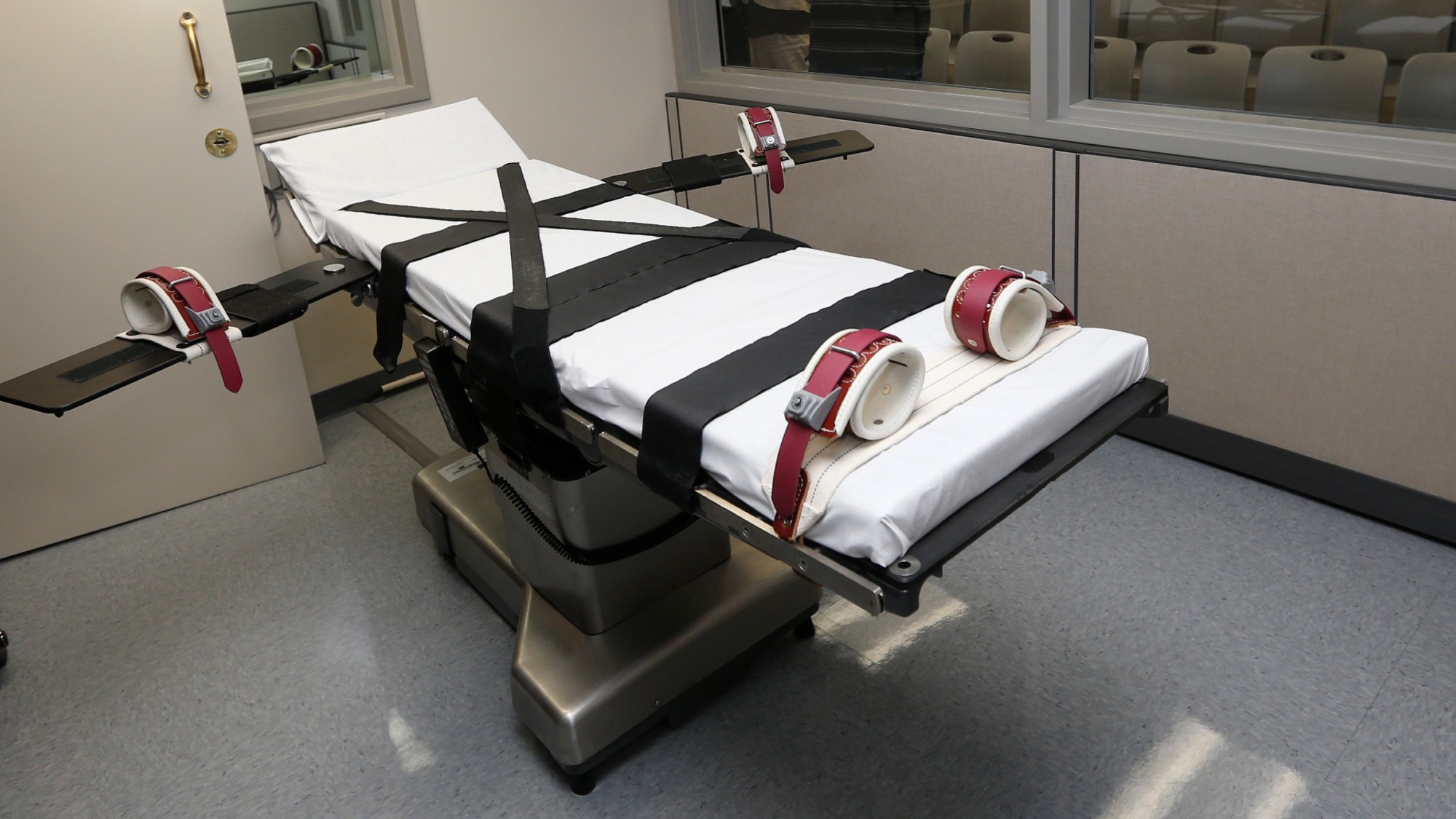 Executions are on the rise in the US after years of decline
Executions are on the rise in the US after years of declineThe Explainer This year has brought the highest number of executions in a decade
-
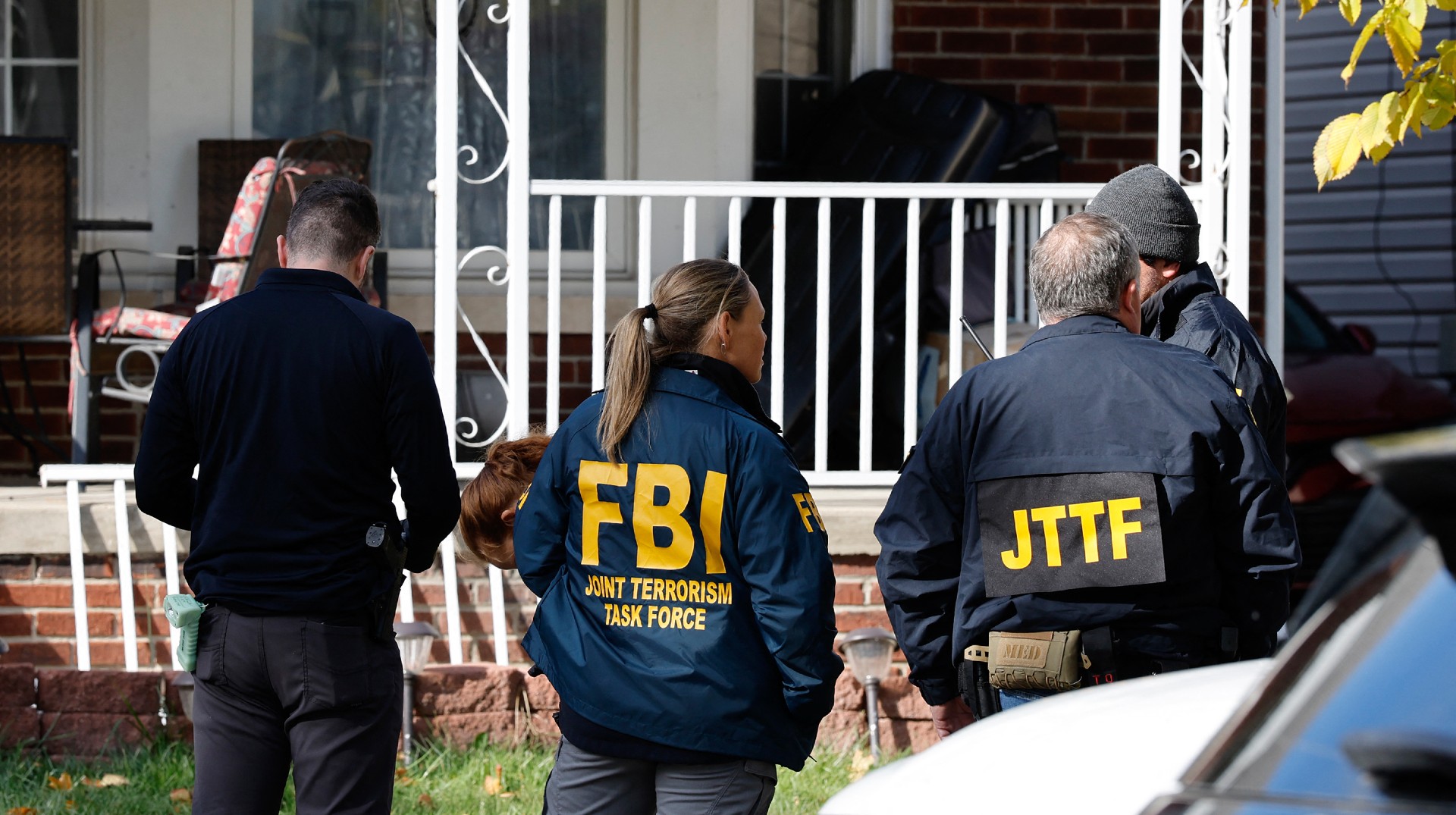 Two men accused of plotting LGBTQ+ attacks
Two men accused of plotting LGBTQ+ attacksSpeed Read The men were arrested alongside an unidentified minor
-
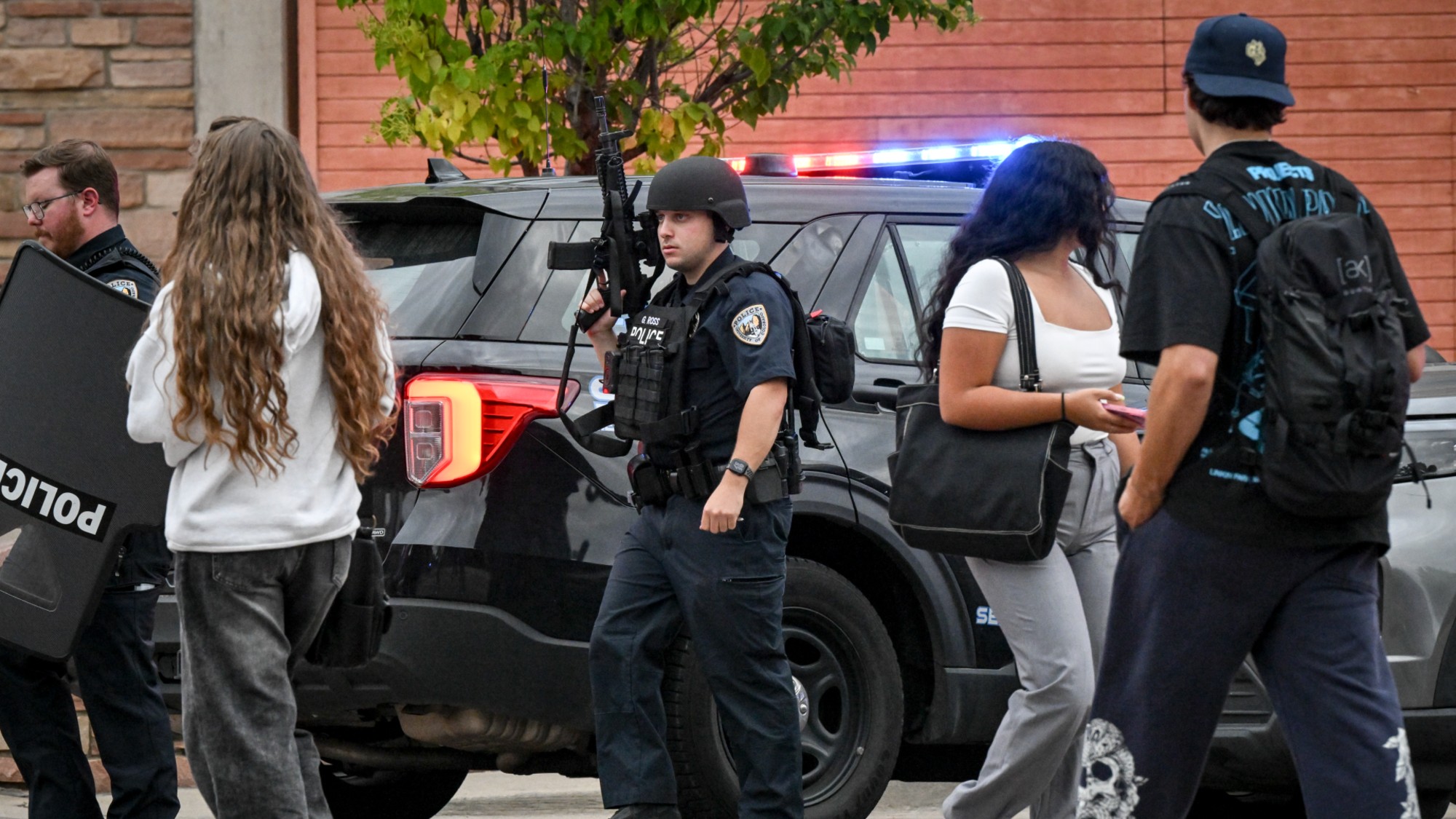 Colleges are being overwhelmed with active shooter hoaxes
Colleges are being overwhelmed with active shooter hoaxesIn the Spotlight More than a dozen colleges have reported active shooter prank calls
